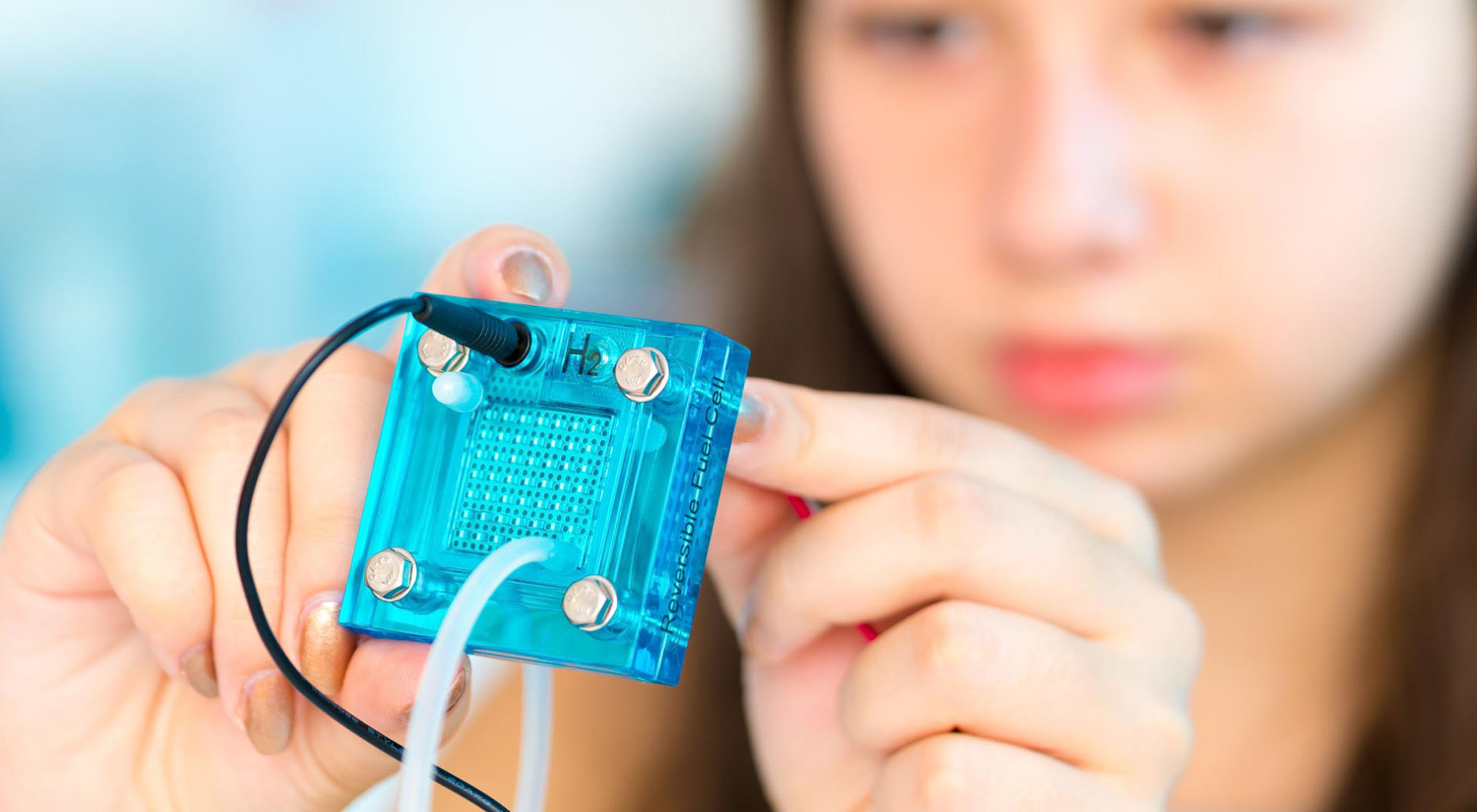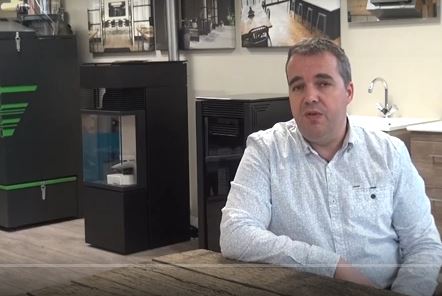Training the engineers of tomorrow
The development of a hydrogen economy means a growth in the demand for engineers. Goeree-Overflakkee can fulfil a significant role in training hydrogen engineers. For example, by offering courses and internships or by organising education in coordination with an expertise centre.
This project is perfectly aligned to the realisation of a professional campus in Middelharnis and the Smart Water strategy. In Smart Water, businesses, education and governments formulated a vision of the regional economic development of Goeree-Overflakkee up to 2050. Training new engineers is a significant condition for this strategy. That is why the Middelharnis professional campus will soon become the place for high-quality and innovative professional education focused on the hydrogen economy.


